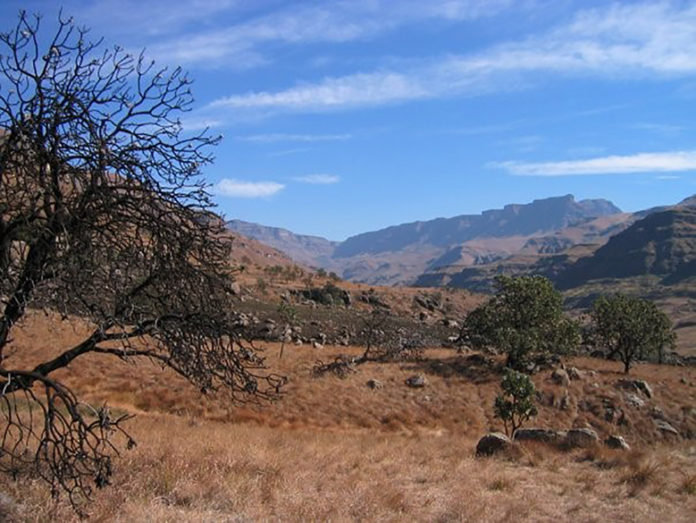Nigeria is set for a new project that aims to build a climate resistance landscape. The World Bank today approved a $700 million credit from the International Development Association (IDA) for the Nigeria Agro-Climatic Resilience in Semi-Arid Landscapes (ACReSAL) Project.
The project will increase the implementation of sustainable landscape management practices in northern Nigeria and strengthen the country’s long-term enabling environment for integrated climate-resilient landscape management.
Productivity of major crops in Nigeria has been steadily declining over the past two decades, in part due to climate change, forcing an expansion of the area under agriculture and increased imports to meet the food needs of Nigeria’s growing population.
Persistent water shortages, especially in the extreme north, continue to exacerbate land degradation, desertification, and habitat loss. Resource shortages, violent conflict, outdated agricultural systems not adapted to changing dryland conditions, lack of access to finance, weak value chain linkages, an uncompetitive environment for agribusiness, and poor market access are other key barriers to increased agricultural productivity in Nigeria.
Reverse desertification
Better environmental and water resources management and resilience against disaster and climate risks (largely water-related) are needed to sustain economic growth and protect the most vulnerable.
In recent years, the Government of Nigeria has established several initiatives in the agriculture sector to combat desertification including afforestation and reforestation programs, dissemination of proven agricultural technologies and sustainable agricultural practices, and promotion of efficient energy sources. Efforts to stop and reverse desertification are complicated by the need to feed a rapidly increasing population in a region where natural resources are dwindling and over 90% of national food production depends on smallholder farmers who lack the capacity to increase food production without degrading land.
The ACReSAL Project is a 6-year strategic project prioritizing actions within four components: Dryland Management, Community Climate Resilience, Institutional Strengthening and Project Management, and Contingent Emergency Response. It will improve the capacity of the country to adapt to a changing climate, largely through enhancing multi-sectoral convergence (across environment, agriculture and water) and technology modernization, including improved use of data, analytics, and connectivity.








